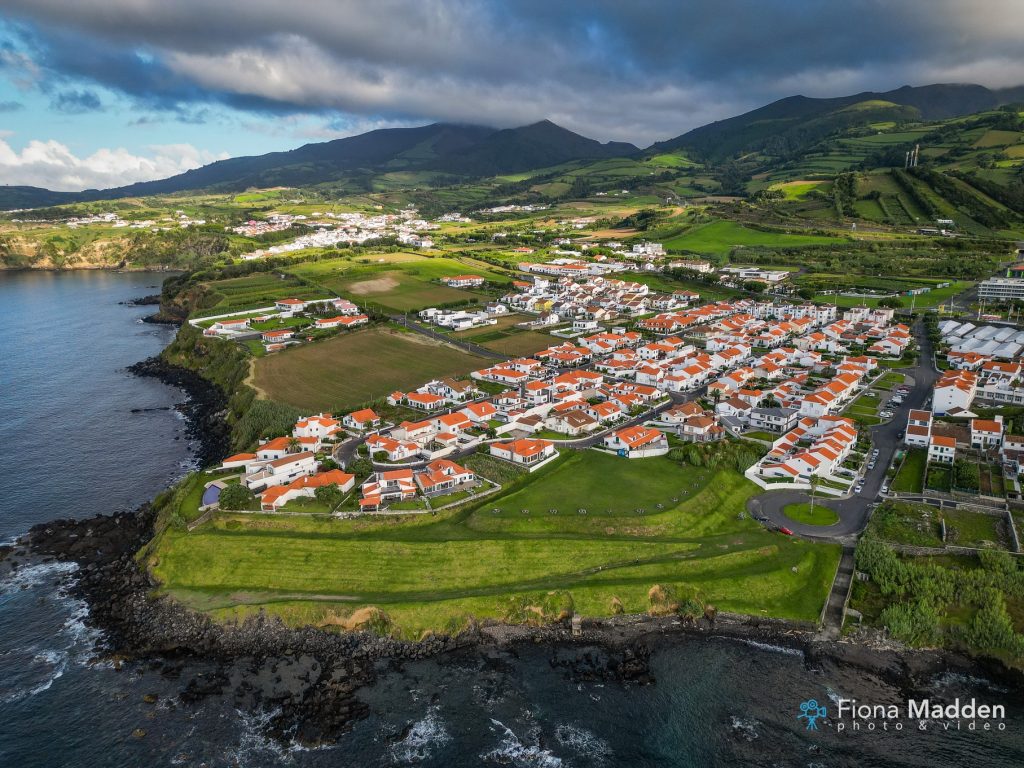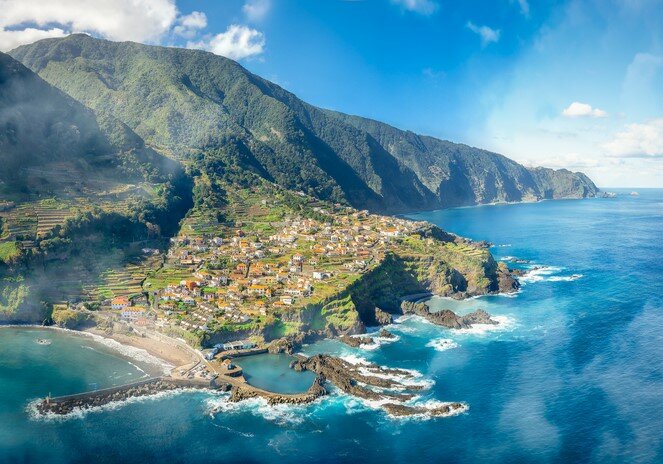The Azores, a volcanic archipelago located in the Atlantic Ocean and part of Portugal and the European Union, has quietly become an attractive destination for individuals seeking both lifestyle benefits and tax advantages. Known for its natural beauty, moderate climate, and slower pace of life, the region also offers meaningful financial incentives that make it appealing for entrepreneurs, remote workers, and businesses exploring relocation opportunities within Europe.
This article will explore the tax benefits available to Azores residents and companies, the practical aspects of relocating, and the lifestyle factors that make the islands a compelling option in 2025.
A Brief Historical Context
The Azores were discovered by Europeans in the early 15th century and quickly became a Portuguese territory. For centuries, they remained relatively isolated, relying primarily on agriculture and fishing. In recent years, however, the islands have undergone significant changes, fueled largely by tourism and an increasing interest from international professionals seeking quieter, more sustainable living options.
Modern infrastructure has been improving steadily, with better internet connectivity, coworking spaces, and a wider range of accommodation choices, from long-term rentals to serviced apartments. This shift has made the Azores more compatible with the demands of today’s location-independent professionals.
Relocating to the Azores
For EU Citizens
Relocation is straightforward. Thanks to freedom of movement within the European Union, EU citizens can move to the Azores with minimal requirements. It is as simple as securing housing and registering as a resident.
For Non-EU Citizens
Non-EU nationals face a more structured process. Options such as Portugal’s Self-Employment Visa or the D7 Visa (for passive income earners) are commonly used. Depending on professional activities, entrepreneurs and freelancers may find the Self-Employment Visa more suitable.
Both pathways eventually provide access to Portuguese residency, and after five years, the possibility of applying for permanent residency or citizenship.

Tax Benefits in the Azores
One of the biggest draws for professionals is the favorable tax environment. Although Portugal is not a tax haven, the Azores enjoy special provisions compared to mainland Portugal.
- Lower Corporate Tax Rate: Companies based in the Azores benefit from a reduced corporate tax rate of 16.8%, compared to the standard 21% applied in mainland Portugal.
- Dividend Tax Relief: Only 50% of the value of dividends received from local companies is subject to taxation.
- Reduced VAT Rates: The region applies lower Value Added Tax (VAT) rates than the mainland, which can positively impact both consumers and businesses.
That said, it is important to maintain realistic expectations. For active businesses operating from the Azores, combined corporate and personal taxes often average between 20% and 30%. These levels are competitive within Europe but do not constitute zero-tax territory.
Quality of Life Considerations
While tax efficiency is critical, lifestyle factors often weigh heavily when choosing a relocation base. The Azores excel in several areas:
- Food: Fresh, locally grown produce is widely available, often at lower prices than in mainland Europe. The islands are known for exceptional pineapples, seafood, and organic dairy products.
- Climate: The weather remains mild year-round, typically ranging between 15°C and 25°C. Rain is common but rarely prolonged, creating lush, green landscapes.
- Lifestyle: The Azores are well-suited to individuals who value nature, tranquility, and outdoor activities such as hiking, diving, and whale watching. Sao Miguel, the largest island, provides the best balance between access to services and proximity to nature.
- Cost of Living: Accommodation, dining, and local goods are significantly cheaper than most other European island destinations. A centrally located one-bedroom apartment in Ponta Delgada can often be found for under €1,000 per month. Dining out ranges between €5 and €15 per meal. Imported goods cost roughly the same as in mainland Portugal, while public transport remains affordable, albeit limited.
Business and Work Infrastructure
In addition to lifestyle perks, the Azores are improving rapidly in terms of infrastructure for professionals:
- Coworking Spaces: Several coworking hubs have been established, particularly in Ponta Delgada, catering to entrepreneurs and remote workers.
- Internet Connectivity: Broadband and mobile internet speeds are comparable to mainland Portugal, ensuring reliable remote work.
- Accommodation Variety: Options now include long-term rentals, serviced apartments, and even international hotel chains.
This growing infrastructure makes the Azores increasingly viable as a base for location-independent businesses.

Practical Insights for Potential Relocators
Relocating to the Azores requires careful planning, particularly when it comes to taxation and residency obligations. A few points worth noting:
- Residency Obligations: To qualify as a tax resident in Portugal, individuals must either spend more than 183 days per year in the country or maintain a permanent residence available for use.
- Professional Services: It is advisable to engage tax professionals familiar with both Portuguese law and international tax treaties, particularly if operating a cross-border business.
- Transportation: Within the islands, public transportation is limited, so most residents choose to rent or buy a car.
Final Thoughts
The Azores present a unique blend of lifestyle appeal and financial advantages. They are not a zero-tax jurisdiction, but compared to many European alternatives, they strike a compelling balance between affordability, quality of life, and business-friendly conditions.
For EU citizens, relocation is straightforward. For non-EU nationals, structured visa pathways exist, which can eventually lead to permanent residency and citizenship. Taxation, while present, is competitive by European standards and can be optimized with proper planning.
In 2025, the Azores stand out as more than just a travel destination. They represent a practical, sustainable, and advantageous option for entrepreneurs, freelancers, and remote professionals seeking both a peaceful lifestyle and sound tax planning opportunities.

